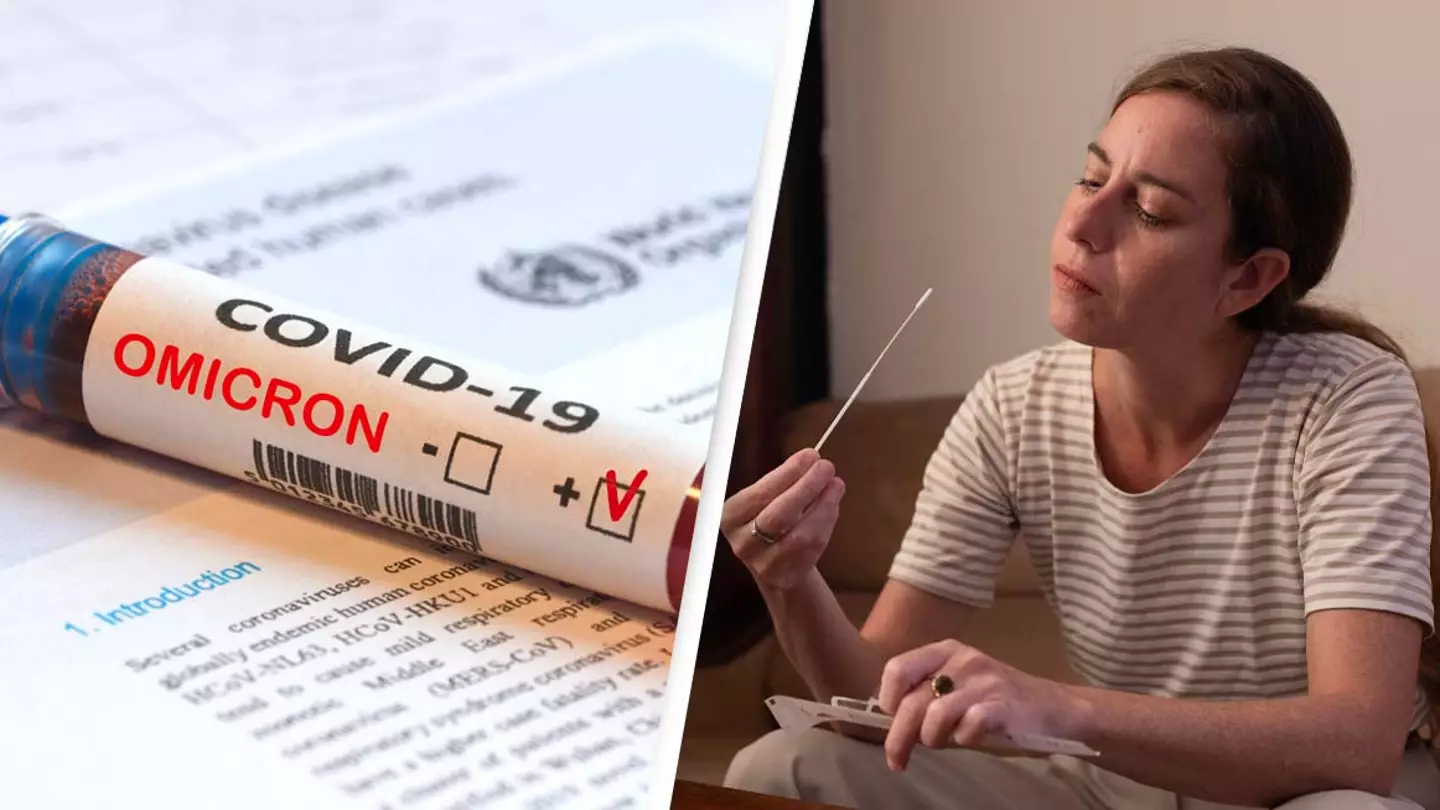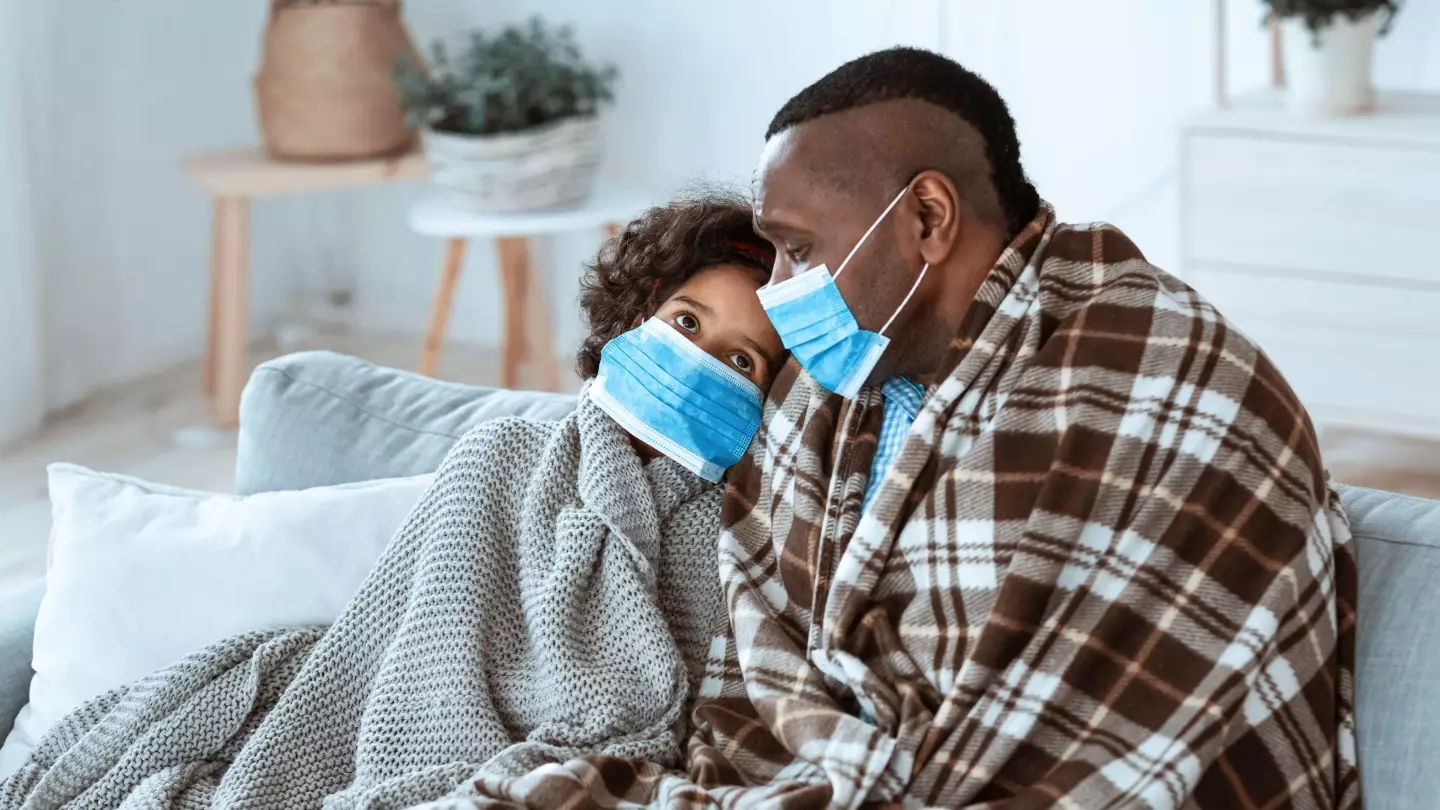

Have you lived with someone with COVID-19 and managed to avoid catching it? There's actually a few reasons behind your luck, scientists have revealed.
It's been nearly two years since the coronavirus pandemic took hold. At first, news of a friend or relative testing positive felt like a bit of a rarity - now, especially with the Omicron variant, it's become more common, with the UK recording 76,800 new cases in the most recent daily statistics, as well as 75 deaths.
Advert
While most people have taken sensible precautions, as per government guidelines and restrictions, there's only so much one person can control, and even the most diligent can catch the virus. Yet, amazingly, people in their households aren't necessarily guaranteed to test positive as well.

I can offer my own experience: in October last year, my girlfriend caught COVID following a weekend away. She did a lateral flow and PCR test, both of which tested positive. As we live together, I did the same - and both came up negative. Over the course of her isolation period, I did regular lateral flows, expecting my positive test to be inevitable - but it never happened.
Similarly, in January 2021, my dad tested positive for COVID while I was home for the holidays. Again, I never experienced any symptoms, nor have I ever tested positive for coronavirus over the course of the pandemic. There's always been a playful arrogance around it, but the question remains: how can the Omicron variant be so contagious, yet myself and many others manage to avoid it in such close proximity?

Professor Tony Cunningham, an infectious diseases physician, clinical virologist and scientist from the University of Sydney, spoke to the NZ Herald about possible reasons for this strange scenario.
Advert
'If there isn't spread in a family that is 100% it may be because of the levels of immunity of the person who's got it, so the virus has fallen off quickly, it may be the level of immunity in the person receiving it and that could be 'specific' because they're immunised or 'not specific' because they're just lucky enough to have the right genes,' he said.
Those who are vaccinated, especially if you've had a booster dose, are more likely for the virus to 'fall off faster', Cunningham added.
In October last year, an international team of scientists also launched a global search for people who appear to be innately resistant to COVID-19, having been around the virus for prolonged periods without catching it, to ascertain whether they have 'superpowered' genes.
If you’ve been affected by coronavirus and want up to date advice, visit the Gov.uk help page here. If you need medical help call NHS 111 or visit online
Topics: Coronavirus, Health, World News
